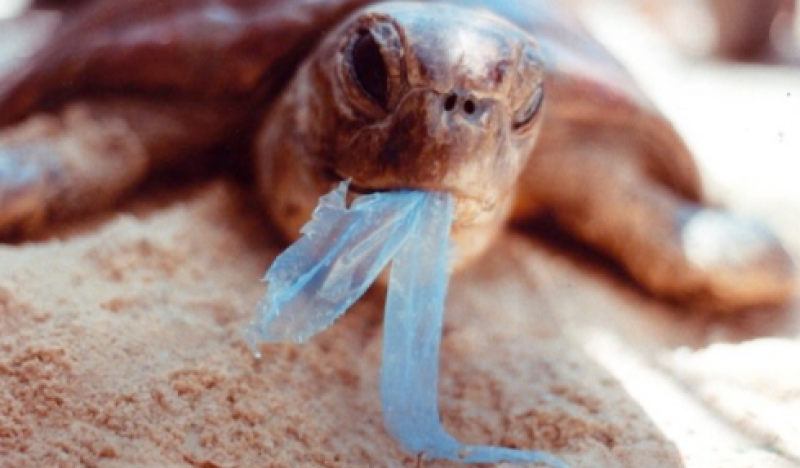- Region
- Vega baja
- Marina Alta
- Marina Baixa
- Alicante
- Baix Vinalopo
- Alto & Mitja Vinalopo
-
ALL TOWNS
- ALICANTE TOWNS
- Albatera
- Alfaz Del Pi
- Alicante City
- Alcoy
- Almoradi
- Benitatxell
- Bigastro
- Benferri
- Benidorm
- Calosa de Segura
- Calpe
- Catral
- Costa Blanca
- Cox
- Daya Vieja
- Denia
- Elche
- Elda
- Granja de Rocamora
- Guardamar del Segura
- Jacarilla
- Los Montesinos
- Orihuela
- Pedreguer
- Pilar de Horadada
- Playa Flamenca
- Quesada
- Rafal
- Redovan
- Rojales
- San Isidro
- Torrevieja
- Comunidad Valenciana
article_detail
Date Published: 02/02/2022
The real cost of Covid that we will be paying for hundreds of years
Protective equipment has generated thousands of tonnes of additional waste worldwide

When the coronavirus pandemic struck the globe two years ago, one of the first priorities was to distribute as much personal protective equipment (PPE) around the world as possible in the shortest amount of time. The trade-off was that less attention and fewer resources were put into managing the waste that these items generated, and the World Health Organisation (WHO) issued a report on Tuesday February 1 warning that the situation is getting out of hand.
Disposable gloves, masks and gowns, used vaccine vials, needles and tests have resulted in thousands of tonnes of additional waste that most health centres simply don’t have the capacity to manage, and as a result many of these products are making their way into the world’s oceans and farmlands and causing untold environmental damage.
OceansAsia, a nonprofit marine conservation organisation, estimated that more than 1.5 billion single-use face masks ended up in the sea in 2020 alone, resulting in roughly 6,000 metric tonnes of additional marine pollution. What’s more, we now know that masks can take up to 450 years to decompose, and while they are degrading, the resultant microplastics are likely to be ingested by fish and other sea animals.
“Covid-19 forces the world to reflect on the shortcomings and the most forgotten aspects of the waste management system,” said the director of the Environment, Climate Change and Health of the WHO.
With 30% of the world’s health facilities unable to adequately manage the waste they generate, the situation in developing countries is even graver; according to WHO, 87,000 tonnes of PPE equipment has been shipped by the United Nations to the most needy countries in the last two years, which has now almost entirely been transformed into waste. And that doesn’t even include vaccines, which are estimated to have generated around 143 tonnes of refuse worldwide.
Now that the problem has been highlighted, WHO has called for greater investment in waste treatment systems, in addition to promoting reusable, recyclable or biodegradable material.
Image: Guardia Civil
staff.inc.ali
Loading
Read more about Coronavirus:
OR
Sign up for the Spanish News Today Editors Roundup Weekly Bulletin to get a comprehensive email with all the week’s news for Spain, Murcia, Alicante and Andalucía.
Get a sneak peek – here are a few of our recent Subscription Bulletins:
50% Discount Special Offer subscription:
24.95€ for 48 Editor’s Weekly News Roundup bulletins!
Please CLICK THE BUTTON to subscribe.
Contact Murcia Today: Editorial 000 000 000 /
Office 000 000 000





















